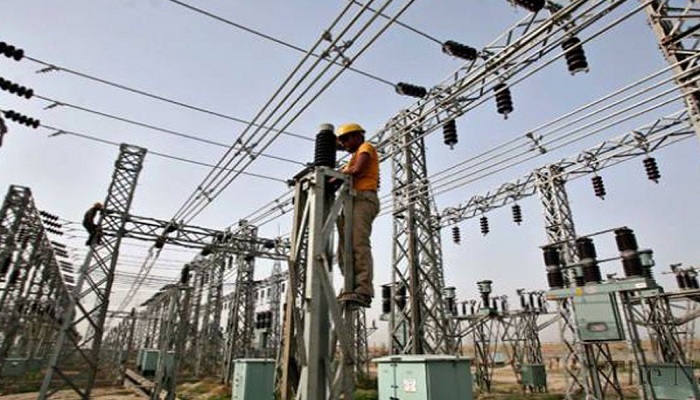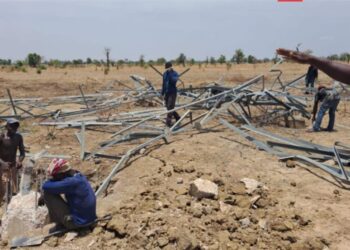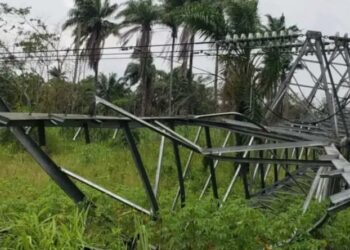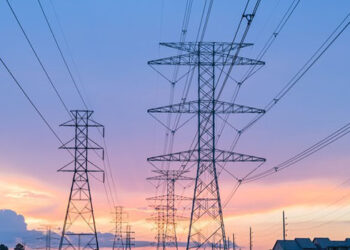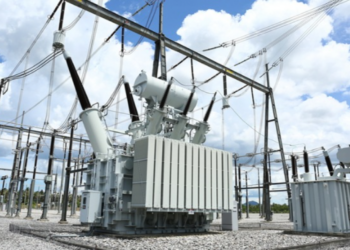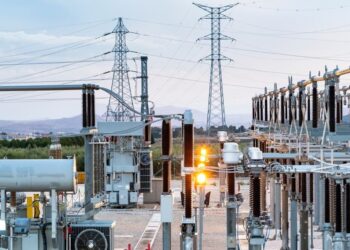Nigeria’s electricity generation dropped on Thursday to 84.43GWh, which is 5.2% lower than the 89.06GWh generated in the previous day. This is according to information from the Transmission Company of Nigeria (TCN).
In the same vein, electricity supplied by the GenCos declined by 5.1% to 83.34GWh on Thursday, 19th May 2022 from 87.79GWh supplied on Wednesday. This represents 98.7% of the total energy generated.
Nigeria’s energy generation continues to thread below the minimum 105kMWh required to record some level of stability in power supply in the country as Nigerians continue to grapple with epileptic power supply, with multiple grid disruptions recorded so far in 2022, causing widespread blackouts across the country.
Nigeria’s energy generation on Wednesday peaked at 3,758.6MW, a 2.1% decrease compared to 3,838MW recorded on Wednesday, while off-peak generation was stated at 3,552.9MW.
Highlight (19th May 2022)
- Peak generation – 3,758.6MW (-2.1%)
- Off-peak generation – 3,185.6MW (-10.3%)
- Energy generated – 84,434.45MWh (-5.2%)
- Energy sent out – 83,320.89MWh (-5.1%)
It is worth noting that the highest frequency for the day was 50.72Hz, while the lowest frequency was 49.03Hz.
Meanwhile, the Nigerian Electricity Regulatory Commission (NERC) has informed the general public and industry stakeholders through a disclosure that the commission will be commencing the processes for the July 2022 Minor Review of MYTO – 2022 to consider changes in relevant macroeconomic indices, generation capacity and CAPEX required for evacuation and distribution of the available generation capacity in compliance with extant rules
Also, the Transmission Company of Nigeria (TCN) has reported completed work on the 330KV Akure Transmission Substation in Ondo State, which is expected to deliver up to 96MW of electricity.
Why this matters
Electricity is an essential need of many Nigerians and their businesses, especially given the surge in the price of diesel and recent fuel scarcity across the country. The cost of power in the country has gone up and is further exacerbated by constant disruption in electricity supply.

